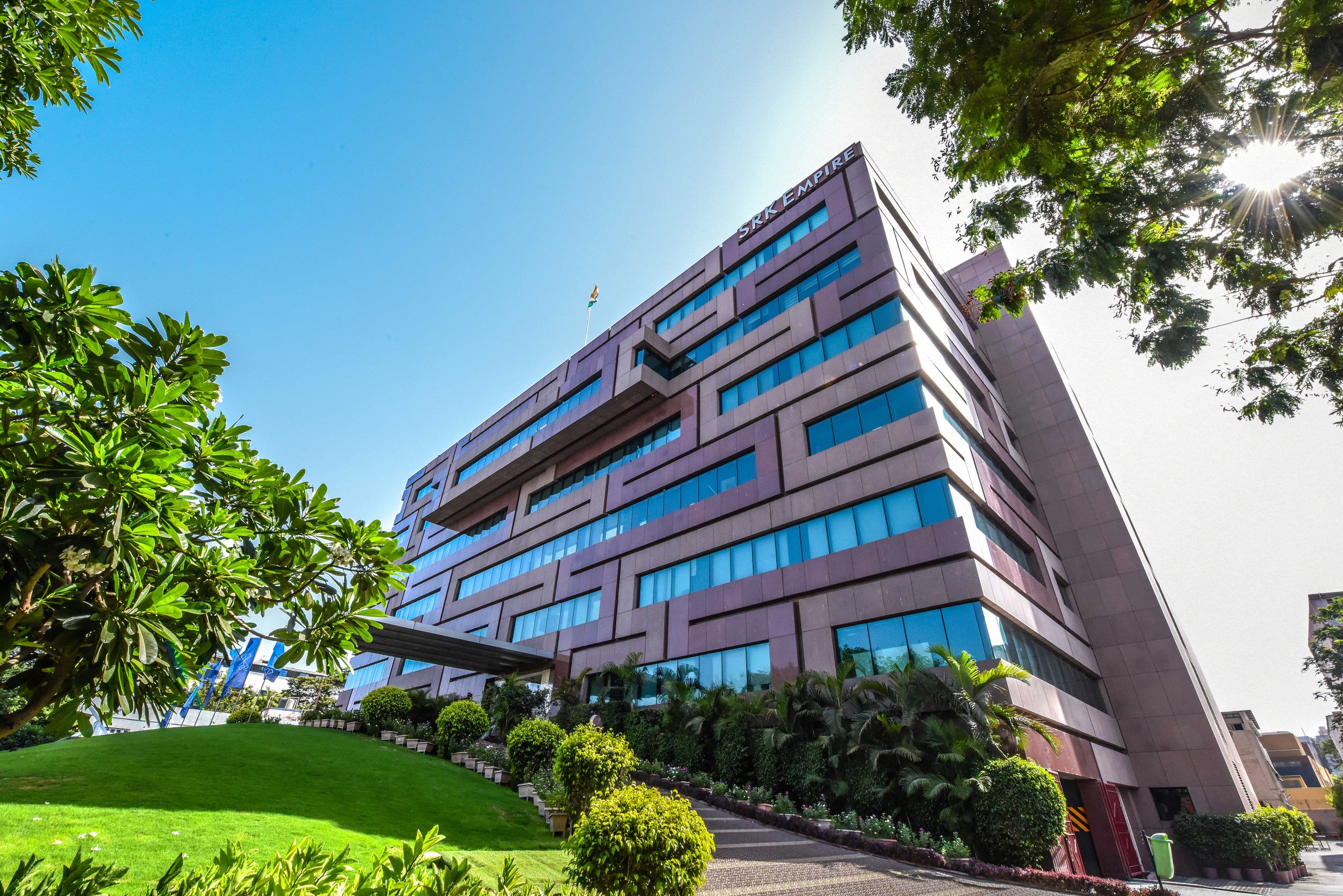Case Study: Climate Resiliency Through Proactive Decarbonization
Mahesh Ramanujam’s paper, which was first published in the Journal of Urban Regeneration & Renewal, lays out how GNFZ’s methodology can be applied to cities to facilitate their ability to lead on the transition to net zero, provides three in-depth case studies of GNFZ certified projects, and outlines how implementation of this holistic model can serve as a pivotal first step in scaling unparalleled transformation for a thriving, resilient and enduring future.
“Cities are the beating heart of cross-sector innovation, technological advancement and the expansion of human progress. Yet with nearly two-thirds of the world’s population set to reside in these international hubs by mid-century, the challenges of population density, a global economy of consumption, increased emissions and a subsequently warmer world remain an imminent threat to the survival and prosperity of all. Simply put, the acceleration of human-induced climate change and strengthening extreme weather systems requires the acceleration of decarbonized cities across the globe...Businesses and organisations using a buildings-first, Scope 3-centric approach with the Global Network for Zero have thus far effectively accelerated building decarbonization in their operations. With global successes in achieving emissions elimination targets ahead of schedule, the template has proved an effective mechanism that can and must be replicated for buildings at the city level.”
This paper explores how GNFZ’s approach, as implemented by SRK Exports, Grupo Chufani in partnership with GNFZ Partner THREE Consultoria Medioambiental, and Alfa, can serve as a template for scaling building decarbonization at the city level.
Explore additional resources on these projects below.




